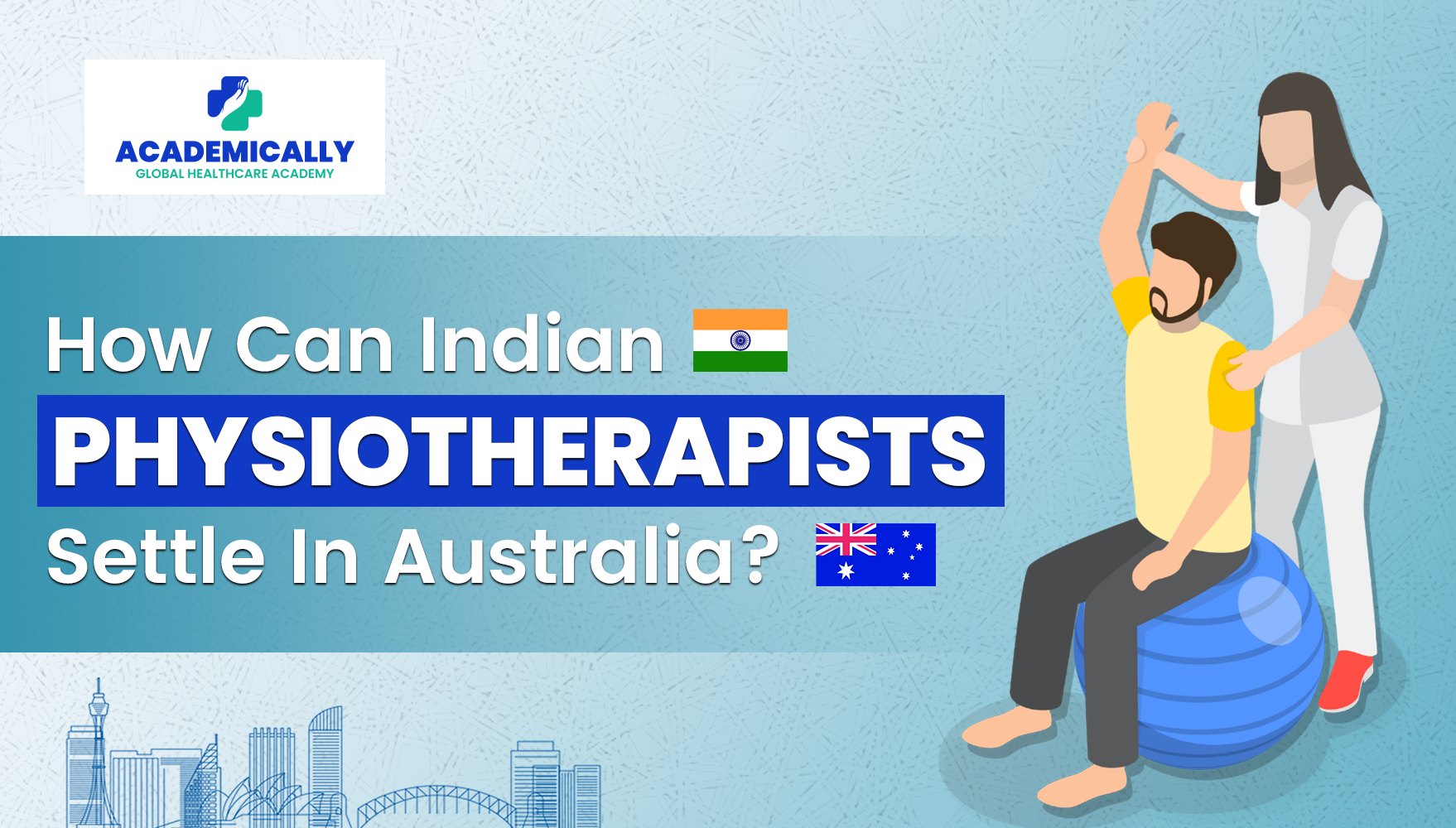For many Indian physiotherapists, Australia isn’t just another overseas destination; it’s the dream.
With world-class healthcare systems, excellent work-life balance, and some of the highest physiotherapy salaries globally, Australia offers everything a skilled physio looks for in an international career.
But while the destination is exciting, the pathway can feel confusing. Exams, registrations, eligibility checks, and multiple councils, where do you even begin?
The good news is that Indian physiotherapists now have two clear and achievable routes to settle in Australia: the APEP Pathway and an exam-free pathway via HCPC registration in the UK.
Read this blog till the end to find out which of the routes suits you the best.
With Exam: The APEP Pathway
The Australian Physiotherapy Council (APC) has updated its process to the Australian Physiotherapy Examination Pathway (APEP). This ensures that international physiotherapists meet Australian standards.
But don’t let this exam scare you; compared to the older APC Standard Assessment, this APEP pathway is much easier and remote-friendly. Plus, there is no clinical exam, which is a major shift.
Step-by-Step Breakdown of APEP
| Step | Description | Mode | Duration |
| 1. Eligibility Assessment & Cultural Safety Training | Submit your documents to verify eligibility. Complete online training on working respectfully with Aboriginal and Torres Strait Islander peoples. You will receive an Interim Certificate. | Online | Self-paced |
| 2. Written Assessment | Multiple-choice exam based on clinical cases. Can be taken online. | Online | 4 hours |
| 3. Capability Assessment | Live, one-on-one oral exam via video call. Open-book format to demonstrate clinical reasoning. | Remote (Video Call) | 1.5 hours |
| 4. Clinical Workshop | In-person training in Melbourne. Hands-on skill development, small group sessions, and feedback. | Face-to-Face (Melbourne) | 1 full day |
| 5. Final Certificate | Awarded after successful completion of all stages. Allows you to apply for physiotherapy registration in Australia. | - | - |
Tip: You can prepare for the APEP by joining an APEP Exam Preparation Course, which offers guidance for written, oral, and clinical assessments.
Without Exam: HCPC Registration from the UK
If you prefer to avoid the APEP exams, you can leverage UK registration via the Health and Care Professions Council (HCPC).
Steps to Settle in Australia via HCPC
| Step | Action | Notes |
| 1. HCPC Registration (UK) | Apply to the HCPC to get registered as a physiotherapist in the UK. | Indian qualifications must meet HCPC requirements. |
| 2. Registration in New Zealand (International Express Pathway) | Use UK registration to apply for New Zealand physiotherapy registration. | Recognises UK qualifications; faster route. |
| 3. Registration in Australia (TTMRA) | Apply through the Trans-Tasman Mutual Recognition Agreement. | Allows automatic recognition of New Zealand registration without additional exams. |
Tip: Enrol in an HCPC Registration Guidance Program to ensure your documents and qualifications are correctly evaluated.
APEP vs HCPC: Which Route Is Right for You?
| Feature | APEP Pathway | HCPC Route |
| Exam Required | Yes (Written + Capability + Clinical Workshop) | No |
| Overseas Qualifications Recognised | Indian physiotherapy degree (after eligibility check) | Indian degree → HCPC UK registration → NZ → Australia |
| Duration | Typically 6–12 months depending on preparation | Can take 1–2 years (depending on UK/NZ registration time) |
| Location of Assessments | Online + Melbourne (Clinical Workshop) | UK → New Zealand → Australia |
| Directness | Direct registration after completion | Indirect; requires multiple registrations |
| Preparation Courses | APEP Exam Preparation Course | HCPC Registration Guidance Program |
Final Thoughts
For Indian physiotherapists, Australia offers a clear and rewarding career pathway. Whether you choose the APEP pathway for a direct route or the HCPC-based pathway to avoid exams, both options lead to recognised registration and strong career prospects.
If you need any guidance or help with these routes, please reach out to the experts at Academically.






